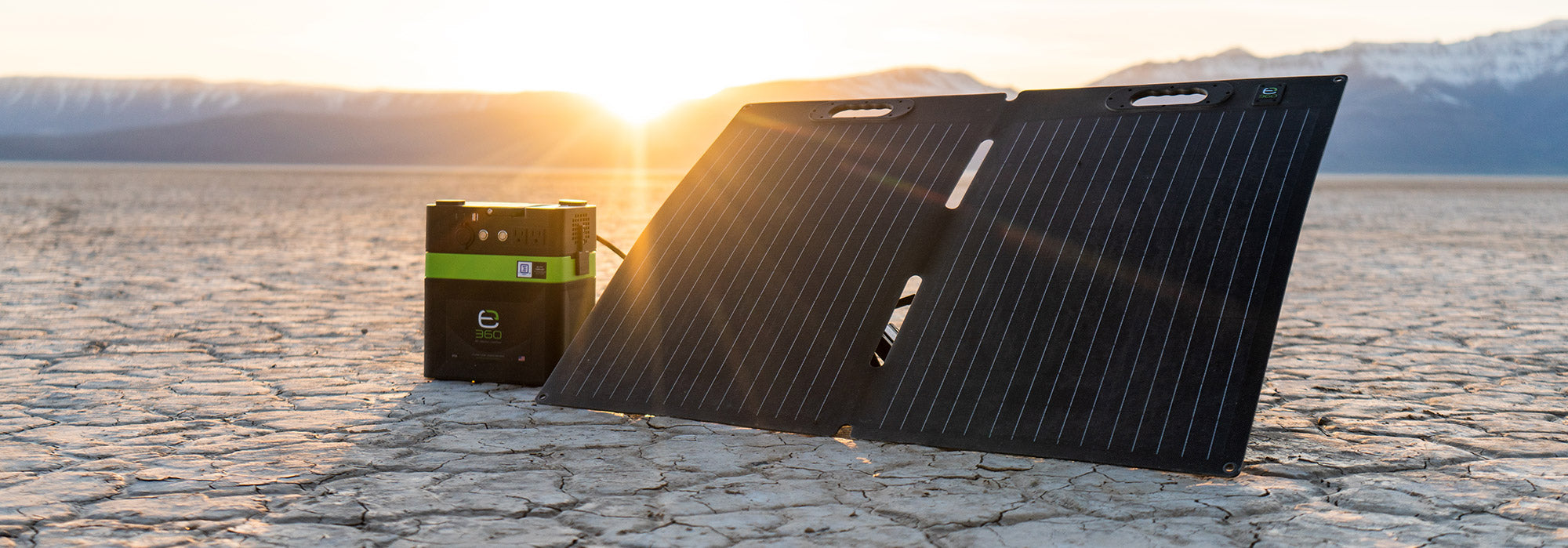What's a Battery Management System, and Why Is It Important?
If you’ve studied lithium battery products for any length of time, you’ve probably heard of a Battery Management System (BMS). A BMS functions similarly to the warning lights displayed in your vehicle’s instrument cluster, except it attempts to resolve those issues automatically while preserving the battery’s health. Let’s take a look at why Expion360’s “smart” BMS design has all the features necessary to protect your investment.
How a Battery Management System Takes Your Battery Further
It’s easy to become overwhelmed with battery specifications like amp hours, watt-hours, or voltage. Typically, manufacturers try to showcase their battery configurations' power capacity with these specs. Expion360 has discovered new ways to maximize a battery’s capacity, but all that comes at a cost.
We understand the significance of our customer’s investment, so we attempt to balance cost versus value. Overall, the cost can be justified by providing the value of a quality, industry-leading, high-performing product that protects itself and your investment.
Why It’s Important
The lithium battery chemistry (LiFePO4) is unique and provides a substantial improvement over lead acid technology. Depth of Discharge (DOD), voltage stability, life cycles, and cost per watt hour are just some of the parameters that set them apart from the competition.
These features add to the overall cost, so we prioritize providing an integral form of protection that ensures our batteries’ longevity. Regardless of what threatens the health of your Expion360 batteries, the internal BMS will automatically mitigate the problem for you. Not only does this save exploration time, but it keeps your batteries operational and you safe.
Our “Smart” Features
With that said, not every battery management system is created equally. Our engineers spent years designing a “smart” BMS that’s simple to program, easy to install, and measures in real-time.
Here are the integrated protective functions contained within our BMS:
Short Circuit Protection: If a short circuit occurs, the BMS will disconnect to protect the battery. When the short circuit condition is corrected, the BMS will automatically reconnect. If the BMS does not reconnect, a charge is required to reset the BMS.
Overvoltage Protection: If the charge voltage exceeds 14.6 Vdc ± 0.1 Vdc, the BMS will disconnect to protect the battery. The BMS automatically reconnects when the battery voltage falls to 14.2 Vdc ± 0.2 Vdc. If the BMS does not reconnect, a charge is required to reset the BMS. In some cases, it may take time for the battery voltage to drop to 14.2 Vdc.
Undervoltage Protection: If the battery reaches the minimum voltage of 9.5 Vdc ± 0.5 Vdc, the BMS will disconnect to protect the battery. A charge is required within one week to prevent permanent damage and voiding the warranty of your battery. The BMS will reconnect when the battery voltage rises above 10.8 Vdc ± 0.4 Vdc. Some chargers will not charge if an open circuit is detected as the BMS has disconnected. We recommend using our DC-DC or AC-DC charger to avoid this open circuit problem and an Expion360 Battery Monitor to display voltage.
Overcurrent Protection: The BMS will monitor charge and discharge currents to protect the battery. If the charge or discharge current is too high, the BMS will disconnect to protect the battery. When a high current condition is corrected, the BMS will automatically reconnect. If the BMS does not reconnect, a charge is required to reset the BMS. See the specifications page for more details.
Thermal Protection: If the temperature is too high or too low while charging or discharging the battery, the BMS will disconnect to protect the battery. The BMS will automatically reconnect when the temperature is within the acceptable range.
Cell Balancing: The BMS will monitor and prevent each of the four cell bricks from overcharging. If the individual cell brick voltages are outside the acceptable range, the BMS will automatically balance the cell bricks to bring them within range.






